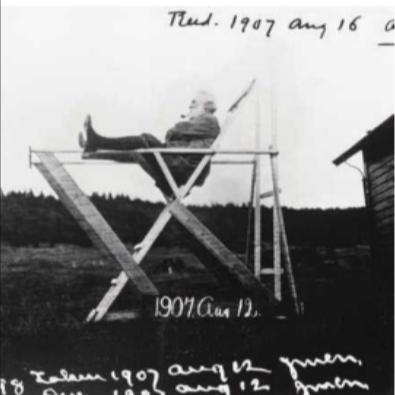Chemical Bonding and Structure - Topic 4
0.0(0)
Card Sorting
1/21
Earn XP
Last updated 6:03 PM on 5/5/23
Name | Mastery | Learn | Test | Matching | Spaced | Call with Kai |
|---|
No analytics yet
Send a link to your students to track their progress
22 Terms
1
New cards
What are cations?
Positive ions formed by metals losing valence electrons
2
New cards
What are anions?
Negative ions formed by non-metals gaining electrons
3
New cards
What determines the number of electrons lost/gained?
The electron configuration of the atom
4
New cards
What causes ionic bonding?
Electrostatic attraction between oppositely charged ions
5
New cards
What traits do ionic compounds have under normal conditions?
They are solid and have lattice structures and display non-volatile properties, are conductors when aqueous or molten, have low boiling and melting points, and are soluble in polar substances
6
New cards
How is a covalent bond formed?
The electrostatic attraction between a shared pair of electrons and the positively charged nuclei
7
New cards
How many pairs of electrons do single, double, and triple bonds share respectively?
one, two, and three
8
New cards
What is the relationship between bond **length** and the number of shared electrons?
As the number of shared electrons increases, bond length decreases
9
New cards
What is the relationship between bond **strength** and the number of shared electrons?
As the number of shared electrons increases, bond strength increases
10
New cards
What is bond polarity?
The partial charge in compounds caused by the difference in electronegativities of bonded atoms
11
New cards
What are Lewis structures?
Representations of all the valence electrons in a covalently bonded species
12
New cards
What is the octet rule?
The tendency of atoms to gain a valence shell with a total of eight electronsWh
13
New cards
Which elements may form incomplete octets whilst being stable?
Beryllium (Be) and boron (B)
14
New cards
What is resonance structure?
A structure that represents more than one possible position for a double bond in a molecule
15
New cards
What is VSEPR?
Valence shell electron pair repulsion: the determination of the shape of species according to the repulsion of electron pairs
16
New cards
Which two elements can form covalent network (giant covalent) structures?
Carbon (C) and silicon (Si)
17
New cards

#### How relaxed is this boy?
He is a very relaxed boy
18
New cards
What are the different types of intermolecular forces?
London dispersion forces, dipole-dipole forces, and hydrogen bonding
19
New cards
What is the relative strength of the intermolecular forces from weakest to strongest?
London dispersion forces < dipole-dipole forces < hydrogen bonds 💪
20
New cards
What is a metallic bond?
The electrostatic attraction between a lattice of positive ions and delocalized electrons
21
New cards
What determines the strength of a metallic bond?
The charge of the ions and the radius of the metal ion
22
New cards
What are alloys?
Compounds that contain more than one metal and have enhanced properties